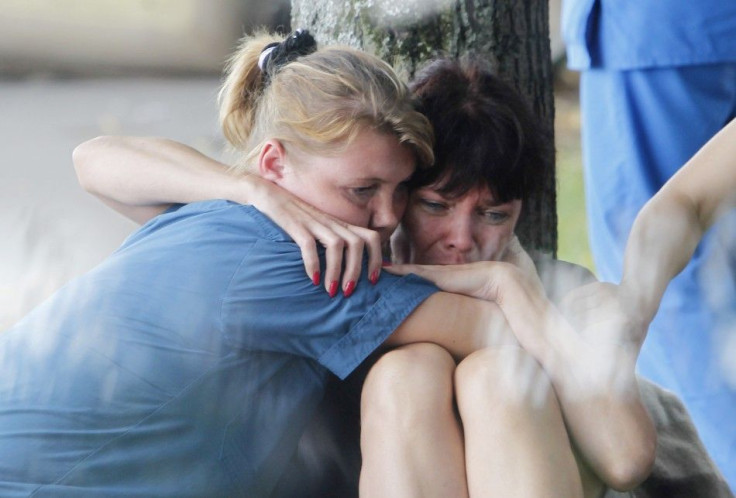Second Russian Boat Accident Reflects How Medvedev's Warnings Go Ignored
Opinion: Medvedev's Arrests Won't Prevent Further Tragedies

The sinking of a charter boat on the Moscow River Sunday morning is an indication that Russians have yet to take President Dmitri Medvedev's regulatory threats seriously.
In July, President Medvedev, along with Prime Minister Vladimir Putin, began an investigation into the country's safety inspection system after a cruise ship sank on the Volga River, killing 122 passengers. The incident was blamed on the gross obsolescence of The Bulgaria -- the 56 year-old boat that hadn't been refurbished since the early 1980s.
Medvedev initiated a criminal investigation after it was discovered that the vessel was overloaded by more than 100 people and had been improperly inspected by state officials.
So far, two people have been arrested over the Bulgaria sinking. Russian river fleet regulator Yakov Ivashov and Svetlana Inyakina, general director of Argorechtur, the cruise company, are both being charged with negligence and face up to ten years in prison.
But Sunday's accident on the Moscow River is an indication that Medvedev's strong words have had little effect on actual policy.
Gennadi Zinger, the owner and captain of the Swallow -- the name of the sunken boat -- had been repeatedly reprimanded for water transport violations before the accident. But instead of shutting down the business, Zinger started operating his company at night to avoid inspectors.
Authorities have already found that the boat was carrying 16 people even though it was licensed to only carry 12, and was recklessly speeding at the time of the collision. A criminal investigation was opened Sunday.
Negligence and antiquated vehicles are rampant in the Russia tourism industry, and are not exclusive to cruise lines. The airline industry still uses many Soviet-era jets and planes, and flights have sadly ended in tragedy on numerous occasions.
Clearly, business owners are still trading safety for profit, despite the recent tragedies that have shocked the nation. Medvedev can give as many speeches as he wants, but for Russian tour companies, it is still more profitable to have an unregulated business.
Additionally, corruption is widespread and inspectors have more incentive to pass ill-equipped vessels in exchange for bribes and kickbacks then they do to properly do their jobs. Moreover, the rigorous bureaucracy has made it easier to check boxes on forms than to fix real problems, many critics argue.
Medvedev has ordered that all passenger ships in the country be checked immediately, according to The Moscow Times, but short-term inspections will do little to change ingrained business practices. Boats not fit to sail will soon be back on the water.
"Those are not individual shortcomings, but flaws of the 'Russian-style market'," Ivan Melnikov, Russian Communist Party first deputy head told RIA Novosti, referring to the two boating accidents.
The Swallow sank around 1:30 a.m. Sunday morning after it collided with a cargo barge. Six passengers managed to swim to safety, but nine drowned, including the boat's captain. The passengers were celebrating a birthday party on board, according to Russian media reports, when the ship went down.
© Copyright IBTimes 2024. All rights reserved.











